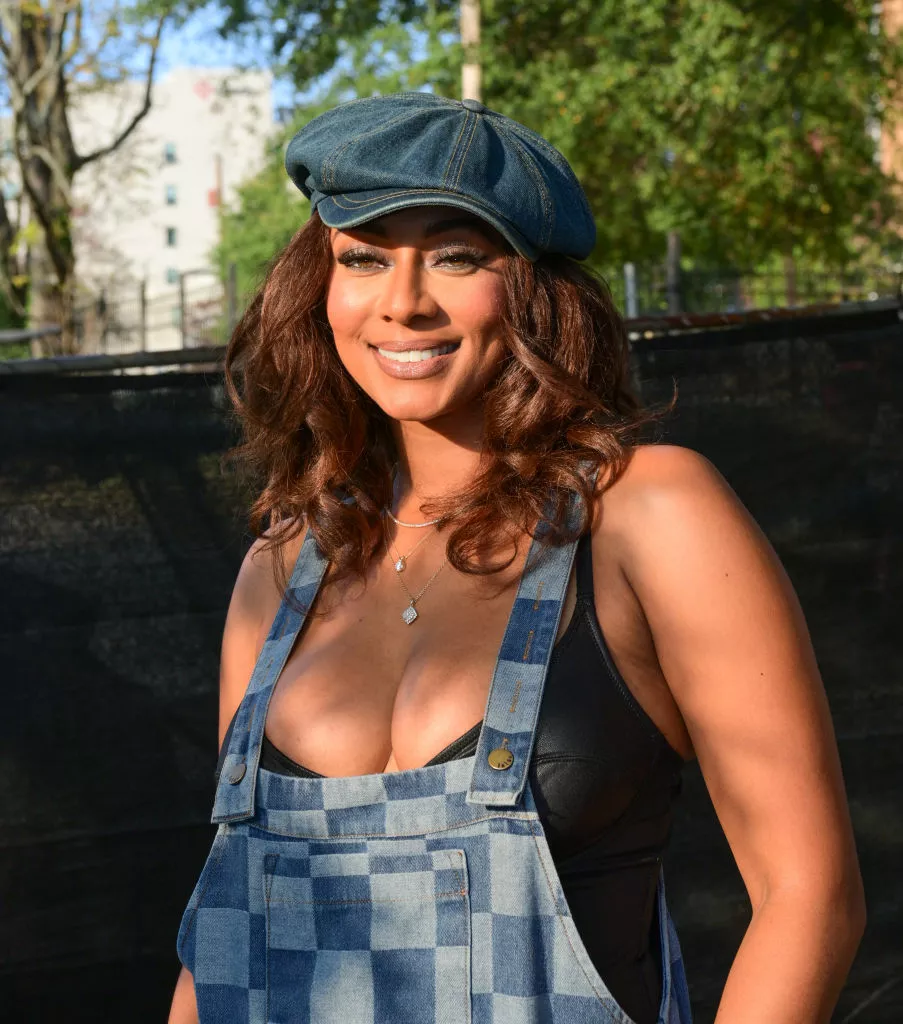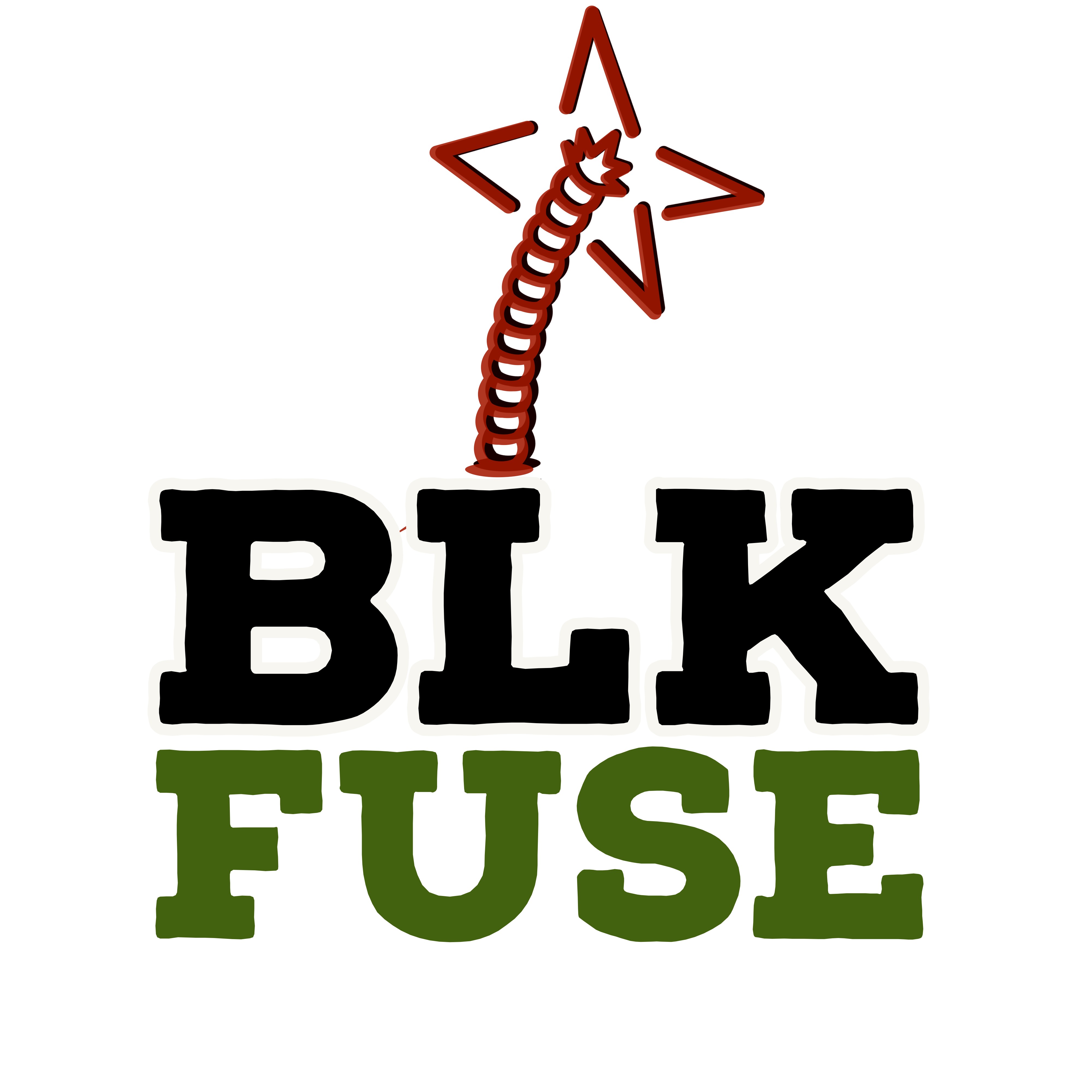

Yes, it’s true—Keri Hilson is back with brand new music, marking her long-awaited return after a 15-year break from the spotlight. We Need to Talk is the first installment of a three-album series—a story of love, drama, and redemption.
The Grammy-nominated hitmaker stepped away from the music scene to reset, reflect, and rekindle her passion for music. Now, she’s starting fresh—and this time, she’s in control. In this new chapter, the singer-songwriter embraces vulnerability, opening up about her journey—from hitting “rock bottom” to standing in her power again.
Hilson sat down with BOSSIP to reflect on the making of We Need to Talk, starting over, and why this era feels different.
BOSSIP: You stepped away from the music industry 15 years ago—now you’re back with not one, but three new albums. What did that time away look like? Were you working on music?
Keri Hilson: Most of the time away I would create—sometimes for myself, sometimes for others. There were breaks of time where I would not create for one reason or another. There was a time I even lost passion for it, but I would still try—because I still liked it, I just wasn’t in love. There were times where I would sit down just kind of like, what else do I wanna do? And that was around the time where I started to be entranced by filmmaking and acting. I traveled, I wrote, I went on retreats. So yeah, I did a lot of things other than music, for sure.

We Need to Talk is your third studio album. What felt different about making this album compared to your first two?
The pressure this time was really low. I kind of wiped the slate clean, naturally, with the time that I’ve been away. No one knows what to expect out of me, so I can give whatever my heart desires. I can create from a more free place because it’s not as if “Pretty Girl Rock” is still at the top of the charts. I didn’t have the fear or the pressure of trying to top my last work.
So I felt the slate wiped clean and I was able to create from a super pure, new, updated, mature place. So I think that was different. The second album [No Boys Allowed] I created under pressure, for sure. And this time, there really was none and it did feel freer. It reminded me of the beginning when there was no pressure, when I was just a songwriter.
It seems like this time around, you’re in the driver’s seat.
Oh, for sure. I can make decisions for my own career. It’s not the same label situation that I grew up under. There were a lot of cooks in the kitchen, and now there’s only a couple.
What pulled you back into music? What is it about creating and performing that fulfills you?
It just allows me to feel like I’m operating within my purpose in this life. It makes me feel like a human being who found her thing and her why. And I do honestly feel that I was born to express through music. Through other methods also—I was born to express, period. But for sure, I think music was the thing that I could never have escaped. That was the real pull. It also allows me the freedom to be a child, be my kid self, which I love too.

In We Need to Talk, you open the album with the spoken intro “Grateful,” where you share that you’ve “hit rock bottom a few times” and “built myself back up” to get where you are today. Can you talk about why it was important to place that at the top of the tracklist?
That was an excerpt from a real interview. It was a tearful conversation, an honest conversation, with Reginald Lewis. And it just felt like the summation of what I wanted to express upon my return. It was like, ‘Okay, let me explain. I said we need to talk, so let me talk.’ And so I thought it was the perfect precursor to hearing “Naked.” We had to ID them separately, but I think of those two [“Grateful” and “Naked”] as the reintroduction, both of them together.
Then the tone shifts, and the album sets off with “Searchin” (feat. Method Man). The rest of the album explores love and has a hopeful energy to it.
I love that you said “hopeful energy.” Because the album takes turns, as you know. It’s in three scenes and love is the first. When in a relationship, you are very hopeful. You are just starting to register that this could possibly be your last relationship, the one that you want to sacrifice for. And also knowing—I don’t believe that love is perfect—so you’re kind of wrapping your mind around the truth that, okay, this is who I don’t mind being challenged in life with, who I wouldn’t mind going through whatever trials and tribulations will occur. It’s really a representation of what I think and feel when I’m in a new love.
It’s a journey.
It also speaks to some of the doubts, like “Weigh Me Down.” “Say That” is another song where I feel like I was expressing doubt. I thought putting the doubt right before drama made sense. That one is kind of an invitation—it’s that threshold where you’re just like, ‘Okay, let’s have conversations about where we’re going. Are we going anywhere, in your mind? Is this really what I believe it is?’ I’m gonna have questions if I feel that we’re doing all the things except expressing the truth of the matter.
After love comes drama, then redemption, which you’ll explore in your upcoming albums—parts two and three—set to release later this year. How does it feel to be in this era of your artistry?
It feels right. It feels free. I feel in control. I feel like I worked hard for this moment in time, to be able to have the power over myself and the control over my own career. I’ve deserved my turn to be in the driver’s seat of my own life, and that is just a really, really good feeling.
BOSSIP Behind the Verse goes beyond the lyrics to uncover the untold stories behind the music. This intimate series gives artists a space to reflect on their creative process and share the moments, memories, and motivations that shaped their sound.
Shopping. Streaming. Experimenting. It’s On Prime.
The post Behind The Verse: Keri Hilson’s Comeback Hits All The Right Notes—’I Feel Free & In Control’ appeared first on Bossip.
